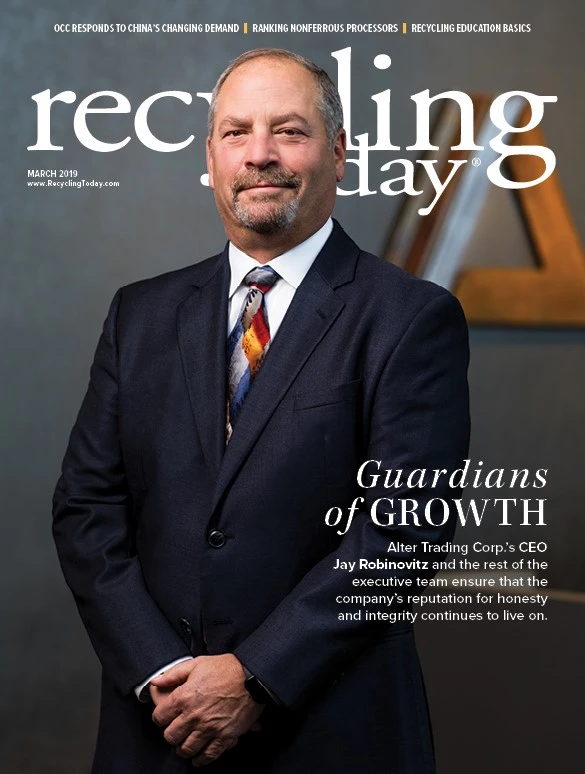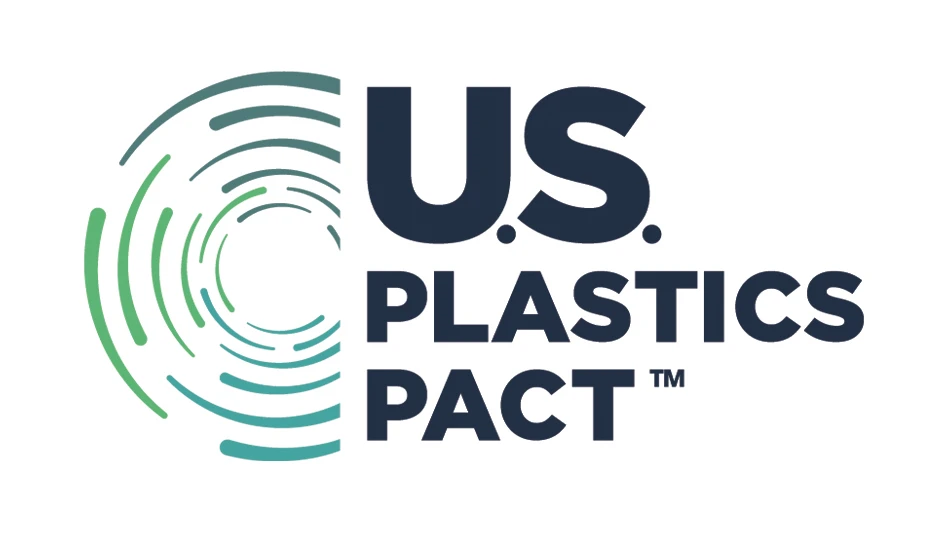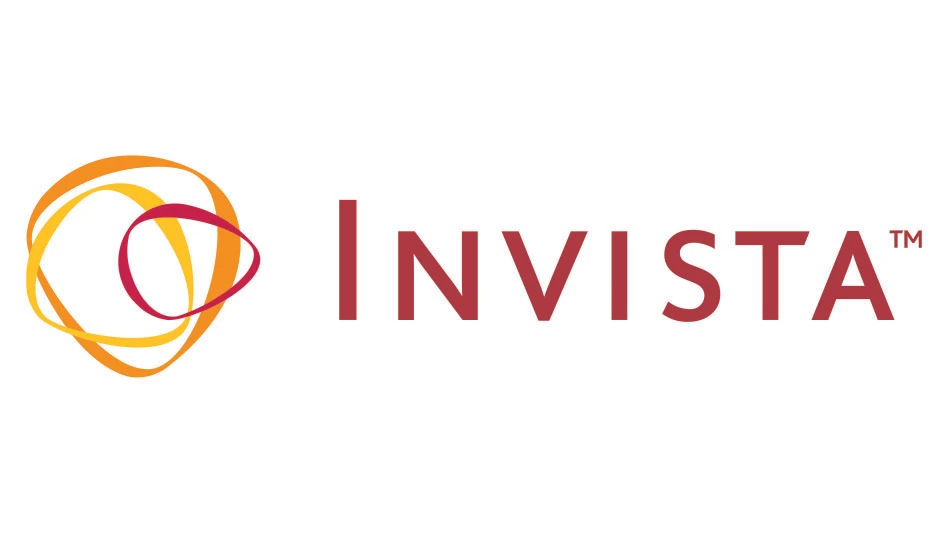
The Recycle Often. Recycle Right. educational campaign from Waste Management (WM), headquartered in Houston, is not only about educating customers about recycling
While the municipalities WM serves each have their own curbside programs with different guidelines, a consistent streamlined message throughout the country is “the most impactful approach for the recycling industry,” says Susan Moulton, national senior public sector solutions director at WM.
Since launching Recycle Often. Recycle Right. five years ago, the program has grown to include in-house training techniques and open-source customizable tools for businesses, residents, governments
Moulton says the campaign is “
Streamlining the message
In late 2013, WM started to research residential recycling behavior. From how materials are collected to what materials are recyclable in each city—most cities accept paper and cardboard, while some have phased out
“Single-stream has been a great program in increasing participation and volume, and it also has enabled residents and businesses alike to put all recyclables in one convenient cart,” Moulton says. “On the flip side, they’ve also been able to put a lot of materials in there that shouldn’t be recycled.”
WM’s research
“You really need that multifaceted, targeted ongoing educational program, or your program is not going to improve or grow.” – Susan Moulton, Waste Management
“We did a lot of research using material recovery facility (MRF) characterization data, surveys from residents, focus groups [and] demographic research,” Moulton says, which resulted in RecycleOften. Recycle Right.
RecycleOftenRecycleRight.com offers recycling labels, posters, cart hangers, guides and decals that businesses and communities can print and use to help with their education efforts. Toolkits, posters
“We all have different communication tools, channels
Collaborative effort
Training frontline workers on how to identify and record contamination, as well as how to educate at the curb using tags on recycling containers, has been very effective for WM. The program also allows outside organizations and municipalities to easily share recycling updates and guidelines online, Moulton says.
WM recently started offering widgets that cities can use on their websites or in newsletters. For example, when the company launched its latest No Plastic Bags campaign, cities and communities across the country were able to use the same banners with key messages, sharing the same targeted campaign to get the message across to customers.
“Whether information is on a city’s website or it’s on our website or in a brochure, we want to make sure there’s consistency for the customer,” Moulton says.
According to WM, contamination rates on average are greater than 25 percent in MRFs, with about 1 in 4 items that

“Some communities are taking away recycling containers from habitual offenders,” Moulton says. “What we find consistently, whether it’s businesses or residents, 20 percent of the folks are making up 80 percent of the contamination. When you continue to show them, talk to them, sometimes you need that additional reinforcement to change behavior.”
WM also is using technology to identify contamination.
“We are using cameras on the [collection] trucks to identify contamination,” Moulton explains. “We take pictures, and those pictures are available to the commercial customers, as well as sales representatives who provide technical assistance, so they can speak specifically to what is going on in a particular customer’s bin and really find the right solution.”
The long haul
WM has worked with communities on several campaigns throughout the years. The company has gotten mayors and drivers involved in making videos, and it’s encouraged local businesses to display “how to recycle” posters in their establishments. WM’s average targeted campaign where “we have great collaboration” reduces contamination by 20 to 40 percent, she says.
WM also is collaborating with The Recycling Partnership, Falls Church, Virginia, to learn and share research, as well as with CDSM, Swansea, Wales, which produces bespoke e-learning content and platform solutions.
Moulton says “it’s not easy” to improve and grow recycling programs, but positive results will happen over time with education and collaboration.
“If it was easy, it probably would have already been solved for, so make sure you’re committed to it for the long term. I think that collaboration with
From that point on, it’s all about sustaining the program for everyone involved.
“Think about the program from end to end,” she suggests. “From a resident getting a tag at the curb to them calling

Explore the March 2019 Issue
Check out more from this issue and find your next story to read.
Latest from Recycling Today
- NRC seeks speakers for October event
- LME identifies Hong Kong warehouses
- Greenville, Mississippi, launches aluminum can recycling program
- Cotton Lives On kicks off 2025 recycling activities
- Georgia-Pacific names president of corrugated business
- Sev.en Global Investments completes acquisitions of Celsa Steel UK, Celsa Nordic
- Wisconsin Aluminum Foundry is a finalist for US manufacturing leadership award
- MetalX announces leadership appointments





